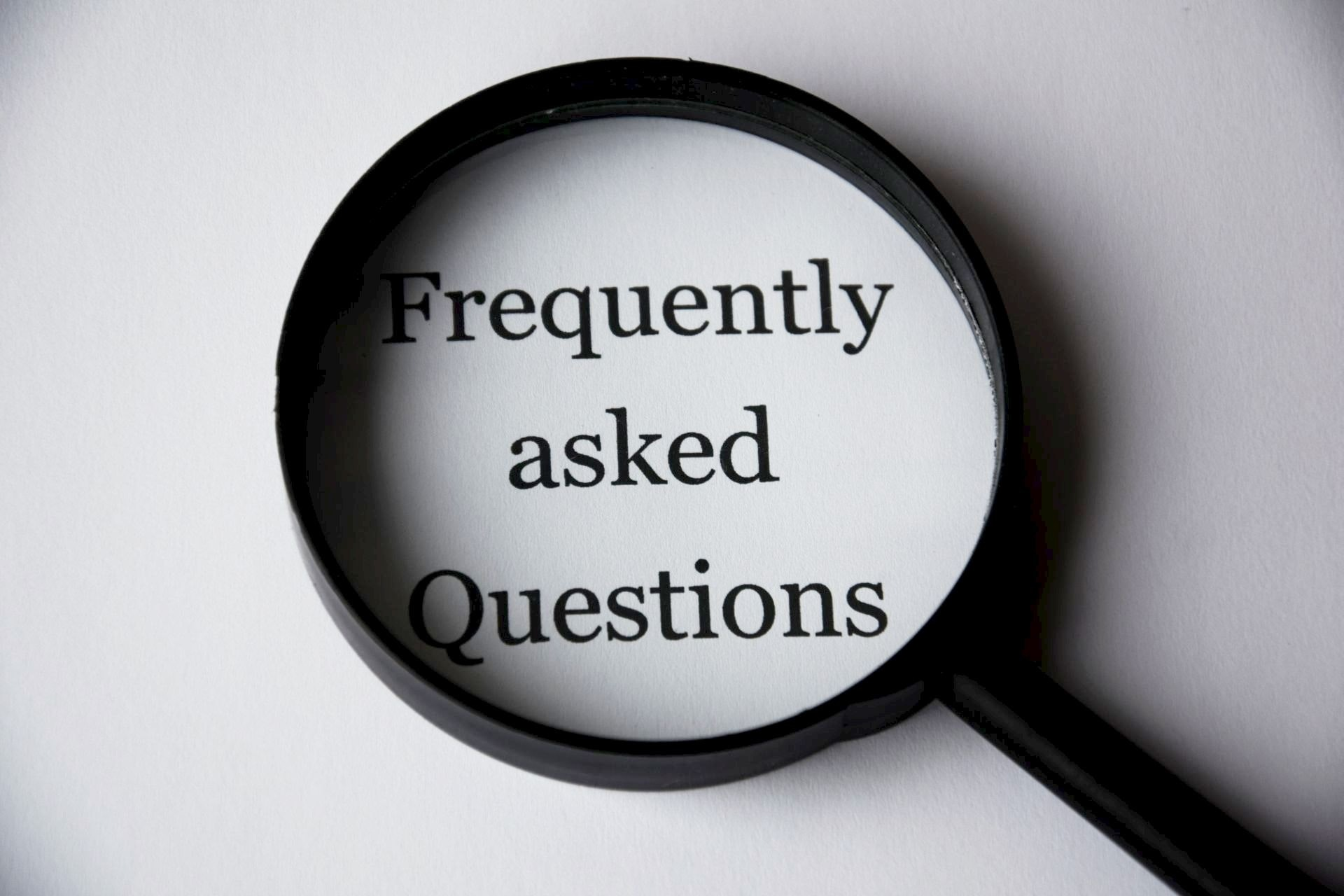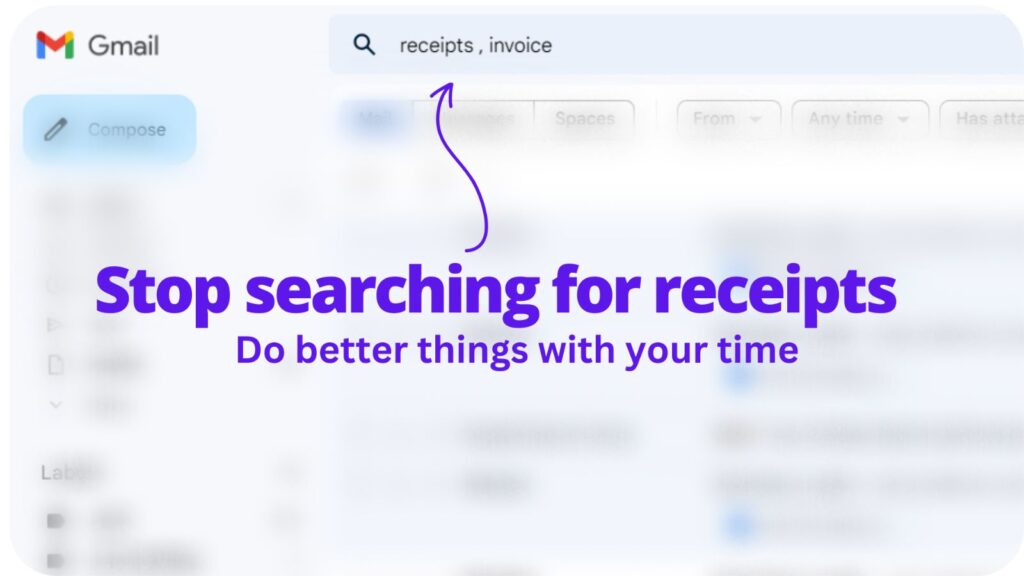Have you ever wondered about tax rebates and receipts? Why are they such a big deal?
Well, it’s tax season, and we’ve all got questions. One of the biggest ones is, do we actually need to keep all those receipts for tax rebates?
Here’s the deal. Receipts are like little money stories. They tell us where our cash has gone. The cool thing is, they can help us pay less tax, acting as deductions on our tax return.
In this friendly guide, we’ll chat about why keeping those receipts is a smart move. We’ll explore the various types of tax deductions and share some super helpful tips on how to keep all those paper slips organized. Trust me, it will make your tax filing a walk in the park. Ready to dive in? Let’s go!
Why Keeping Receipts for Tax Write Offs is Important
Think about tax time. It can be confusing, right? But, here’s a secret. Keeping your receipts can make it easier. Let’s explore why.
Understanding Tax Write Offs
Tax write offs are like magic. They help reduce your taxable income. In other words, you pay less tax. They include things like business expenses and travel expenses. You can claim these as itemized deductions. That’s where receipts come in!
Receipts are proof. They show the Internal Revenue Service (or IRS) what you’ve spent. For example, if you buy office supplies for your business, that’s a business expense. Keep the receipt. You can use it as a tax write off.
The Role of Receipts in Tax Deductions
So, what’s the big deal about receipts? Well, they are important for a few reasons.
Firstly, receipts back up your tax deductions. The IRS might ask for proof of your business expenses. Your receipts show you’ve actually spent the money. This can help you at tax time.
Secondly, receipts help you track your spending. You might not remember every expense. But, your receipts will. They can help you find extra tax savings. For instance, you might forget about some travel expenses. But, if you kept your receipts, you can still claim them.
Lastly, receipts can also help in case of an audit. The IRS might want to check your tax return. If you’ve got your receipts, you’re good. You can show them your deductible business expenses. So, it’s a good idea to keep your receipts. It’s like having a safety net!
However, it’s not just paper receipts. You can also use credit card statements. They can be handy, especially for online purchases. But remember, keep them safe and organized. That way, you’re ready when tax time comes!
The Types of Receipts for Tax Write Offs You Should Keep

There are many types of receipts to keep for tax write offs.
Business Expense Receipts
Business expenses are super important. They can help you save money at tax time. Some examples include:
1. Office supplies – Did you buy a new chair? Keep the receipt!
2. Home office deduction – If you work from home, this one’s for you. Save receipts for your office space.
3. Travel expenses – Save receipts for flights, hotels, and car rentals.
During tax season, tax software can help you organize these receipts. It’s a great tool for tax preparation.
Charitable Donation Receipts
Did you donate to a charity? That’s awesome! And, it can help you at tax time. Here’s how:
1. Save your donation receipts. They’re important for your tax situation.
2. Keep track of the charity’s name and address.
3. Write down the donation date and amount.
Pro tip: Get tax advice from a professional. They can help you maximize your tax savings and income from donations.
Medical Expense Receipts
Medical expenses can be a tax write off too. Here’s what you should keep:
1. Receipts paid for doctor visits and treatments.
2. Prescription receipts.
3. Receipts for medical equipment.
Remember, not all medical expenses are deductible. Check with a tax professional for help. They can guide you through your tax year.
How to Organize Your Receipts for Tax Write Offs

Organizing receipts is a must for tax time. It can help you claim deductions. Here’s how to do it!
Create a System for Your Receipts
Firstly, make a system for your receipts. You can use folders or envelopes. Sort them by:
1. Business or personal expenses.
2. Types of deductions, like travel or medical.
3. Month and year.
Find a way that best works for you. Keeping track is important for your deductions. And it helps when you talk to the IRS.
Go Digital with Your Receipts
Next, think about going digital. Paper receipts can fade or get lost. Here’s how to go digital:
1. Scan your receipts. You can use a scanner or your phone.
2. Save them on your computer. Organize them in folders, just like you would with paper receipts.
3. Make backups. Then, you won’t lose your documents and receipts if your computer crashes.
Going digital is great for small business owners. It helps you save time and space. Plus, it’s easier to find the receipts you need.
Keep Track of Expenses Paid with Cards
Many expenses are paid with credit or debit cards. And you can keep track of them:
1. Save your card and bank statements. They can be paper or digital.
2. Highlight the expenses that can be tax write offs.
3. Add these expenses to your receipt system.
Tips to Manage Your Receipts for Tax Write Offs

Managing your receipts for tax write offs can be easy.
Don’t Delay, File Today
Don’t wait to file your receipts. Do it right away. This way, you won’t lose any. And you won’t forget to record any expenses.
For example, if you buy office supplies, save the receipt. File it when you get home. This will make tax time easier.
Know What You Can Deduct
Not all expenses can be a tax write off. So, you should know what you can deduct.
For instance, you might be able to deduct travel expenses. Or, you might be able to deduct office supplies. But, you need the right documentation. Always check with a tax expert.
Review Your Receipts Regularly
Take some time each month to review your receipts. This can help you stay organized. And, it can help you catch any mistakes.
For example, you might find a receipt you forgot to file. Or, you might find an expense you can deduct. Reviewing your receipts can save you money at tax time.
Keep Your Receipts Safe
Keep your receipts in a safe place.
You could use a filing cabinet. Or, you could use a safe.
The Role of Digital Receipts in Tax Write Offs

Digital receipts have a big role in tax write-offs. They help track expenses. For example, when you pay bills, you get these receipts. Let’s dive deeper!
Digital Receipts Vs. Physical Receipts
Firstly, digital receipts are different from physical ones. You don’t lose them easily. And, they don’t fade over time. Above all, they are easy to store and organize. So, they are a good choice for tracking expenses.
Providing Support During Audits
After all, if audited, you need proof of expenses. Digital receipts are this proof. They support your case if the Internal Revenue Service questions you. So, save them for peace of mind.
Making Tax Time Easier
Similarly, digital receipts make tax time easier. You can sort them by date or type of expense. After that, you can calculate the totals. This helps when figuring out your tax write offs. And it saves time, too!
Using a Digital Receipt Service
Lastly, consider using a digital receipt service. This service stores all your digital receipts. And it helps organize them. It is a big help at tax time!
How to Keep Digital Receipts Secure
However, there’s one more thing. You need to keep digital receipts secure. For instance, you can store them in a password-protected folder. Or, you can use a secure cloud service. This way, you protect your information from theft.
FAQs About Receipts for Tax Write Offs

What happens if I lose a receipt for a tax write-off?
If you lose a receipt, don’t panic! For instance, today’s technology may provide a solution. Many businesses, especially those you’ve visited before, can reprint or email you a copy. However, it’s best to keep your receipt records safe and secure to avoid this.
Do I need to keep receipts if I’m self-employed?
Yes, certainly! If you’re self-employed, it’s vital to keep receipts. They can prove your business expenses. For example, you might have receipts for office supplies or travel expenses. These could be important for your taxes and potential deductions.
Can I write off an expense if I lost the receipt?
Technically, yes. But, it’s risky. You see, if audited, the IRS might ask for proof of the expense. Without a receipt, it could be hard to provide this proof. Therefore, it’s best to always keep your receipts.
Conclusion
All in all, receipts are important for tax write-offs, whether you’re a small business owner or self-employed. They help track expenses, provide support during audits, and make tax time easier. With today’s technology, you can even go digital and use services to store and organize your receipts. But remember, always keep your receipts secure! Whether paper or digital, they’re your safety net during tax time.

Collect receipts from your email automatically!
Try WellyBox - your AI assistant for receipts😃
Start for Free
